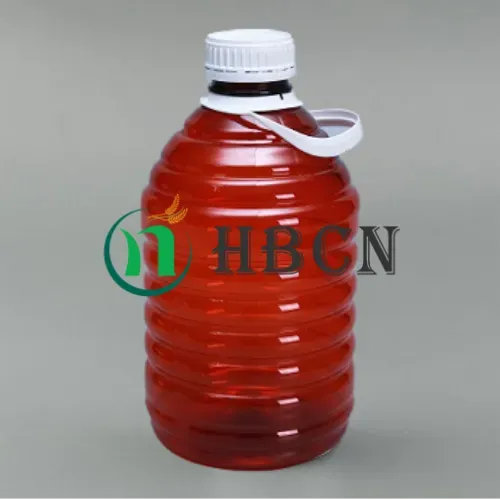
Sep . 29, 2024 06:39 Back to list
Effective Control of Fungal Diseases Using Boscalid Fungicide for Healthy Crops
Understanding Boscalid A Vital Fungicide in Agriculture
Boscalid is a widely recognized synthetic fungicide that has gained prominence in the agricultural sector due to its effectiveness in controlling a range of fungal diseases. Its chemical classification is that of a succinate dehydrogenase inhibitor, making it a crucial tool in integrated pest management (IPM) practices. This article delves into the properties, applications, benefits, and safety considerations surrounding boscalid.
Understanding Boscalid A Vital Fungicide in Agriculture
The efficacy of boscalid is often enhanced when used in combination with other fungicides, creating a synergistic effect that broadens the spectrum of control and minimizes the risk of resistance development. This characteristic is especially important given the increasing concern over the emergence of resistant strains of fungi due to the overuse of certain fungicides. By rotating or mixing boscalid with other active ingredients, farmers can implement more sustainable practices that ensure long-term effectiveness and lower their reliance on any single chemical.
boscalid fungicida

In addition to its effectiveness, boscalid is appreciated for its low toxicity to humans and non-target organisms when used according to recommended guidelines. Its safety profile makes it suitable for application in various food crops, thus not only safeguarding agricultural workers but also consumers. Regulatory bodies, including the Environmental Protection Agency (EPA) in the United States, have conducted extensive reviews to ascertain its safety, ensuring that it meets strict standards before being approved for use.
Moreover, boscalid's stability and residual activity are beneficial for farmers, as they can achieve prolonged protection of their crops between applications. This feature allows for reduced labor costs and fewer applications, aligning with the growing demand for efficiency in agricultural practices. However, it is crucial for users to adhere to label instructions and recommended practices to minimize environmental impact and ensure the sustainability of use.
In conclusion, boscalid stands out as a vital fungicide in modern agriculture. Its broad-spectrum efficacy, safety, and compatibility with other fungicides make it an essential component of integrated pest management strategies. As agriculture continues to face the challenges of evolving pest resistance and environmental concerns, the responsible use of boscalid can contribute to more sustainable farming practices, ultimately securing food production and supporting global agricultural stability. By balancing effectiveness with safety and environmental stewardship, boscalid plays a critical role in the future of crop protection.
-
Azoxystrobin: Broad-Spectrum Fungicide Solutions
NewsAug.11,2025
-
Best EPA Boscalid: Superior Crop Fungicide for Max Yields
NewsAug.11,2025
-
Best Willowood Imidacloprid: Superior Pest Control Solutions
NewsAug.10,2025
-
Best EPA Boscalid Fungicide: Ultimate Crop Protection
NewsAug.09,2025
-
Cyprodinil Fungicide: Broad-Spectrum Crop Protection
NewsAug.08,2025
-
Tembotrione Herbicide: Advanced 8% OD for Broad Spectrum
NewsAug.07,2025
